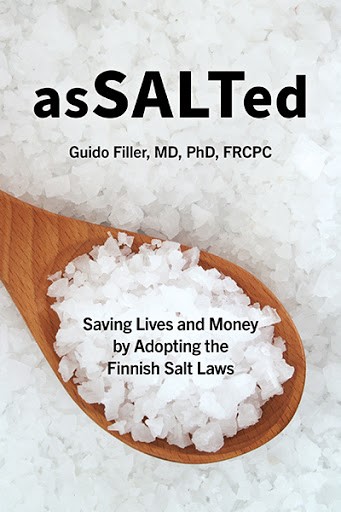Dr. Guido Filler
 Paediatric Nephrology
Paediatric NephrologyPhone: 519-685-8500 ext 58379
Fax: 519-685-8049
Dr. Filler is Professor of Paediatrics with cross-appointments in Medicine and Pathology & Laboratory medicine. He served as Chair of the Department of Paediatrics at Western University and Chief of Paediatrics at the Children's Hospital, London Health Sciences Centre from 2006 to 2016. Born in Germany, Dr. Filler sought international experience early in his life and spent a year in Phoenix, Arizona, where he completed High School. He earned his undergraduate and medical degrees from Hannover Medical School in Germany and completed his speciality training in Paediatrics at the same institution. In 1988 he won a prestigious scholarship of the "Deutsche Forschungsgemeinschaft" - German equivalent to the CIHR - and spent two years of the subspecialty and research training at the Hospital for Sick Children at Great Ormond Street in London, UK.
After his return to Germany in 1990, he became a consultant paediatric nephrologist and worked in Hannover and Berlin. He completed a PhD in clinical pharmacology at the Charité Hospital, Humboldt University at Berlin, and promoted to Associate Professor. In 1997, Dr. Filler became acting head of the Division of Paediatric Nephrology at the Charité, where he was able to serve as the principal investigator of the first published randomized controlled clinical trial in paediatric kidney transplantation, comparing Cyclosporine Microemulsion and Tacrolimus. In 1999, Dr. Filler assumed the role as Chief of the Division of Nephrology at the Children's Hospital of Eastern Ontario (CHEO) in Ottawa and was promoted to Professor in 1999. He was also appointed to the Department of Pathology and Laboratory Medicine.
Dr. Filler developed the paediatric nephrology unit in Ottawa and established together with Dr. Hutchison, a paediatric continuous renal replacement program at CHEO. He also established a new, superior method for the measurement of renal function in children using a single blood test and the measurement of Cystatin C, a low molecular weight protein. In 2006, he became Chair of the Department of Paediatrics, University of Western Ontario and Paediatrician in Chief. He was renewed for a second term in 2011.
Dr. Filler has authored over 350 peer-reviewed publications and is an active participant in a large array of administrative committees within this academic health sciences centre. Apart from his nephrological research (especially rare diseases and improving outcomes of children with CKD), he focused on the optimization of paediatric drug dosing by studying pharmacokinetic/pharmaco-dynamic relationships of various drugs in children. Another major field of research is population health and paediatrician workforce based. He is the deputy editor of the journal "Pediatric Transplantation" and he is on the editorial board of several journals. He has also been recognized for his postgraduate teaching.
Dr. Filler is the author of two books: You can read the summaries below and purchase his books on Amazon.









